While catching up with Chef Roger Li on a soggy, chilly Friday phone call, he reveals he’s diving into a warming bowl of ramen. As someone who grew up in the restaurant industry, being in the midst of delicious, freshly-made food is simply the norm for him. In fact, one of his fondest childhood memories involves sitting around the table to make dumplings with his family.
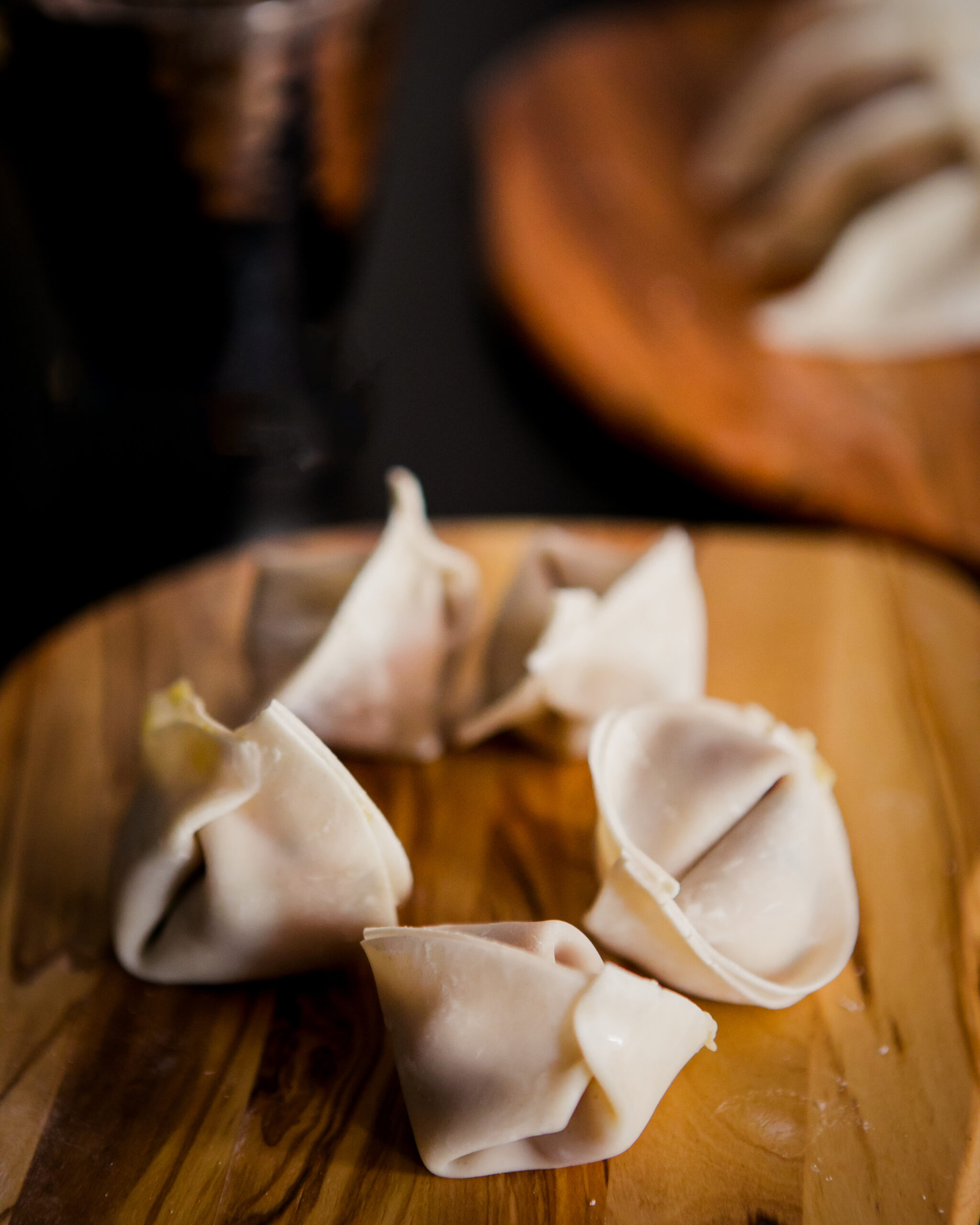
From Philadelphia to Pittsburgh
Li grew up in Philadelphia where, in the 1980s, his parents owned a Chinese restaurant. The bus dropped him off right out front, and he describes having a “typical Chinese American upbringing” where his parents worked 15 to 16 hours a day. “There wasn’t much babysitting,” he says.
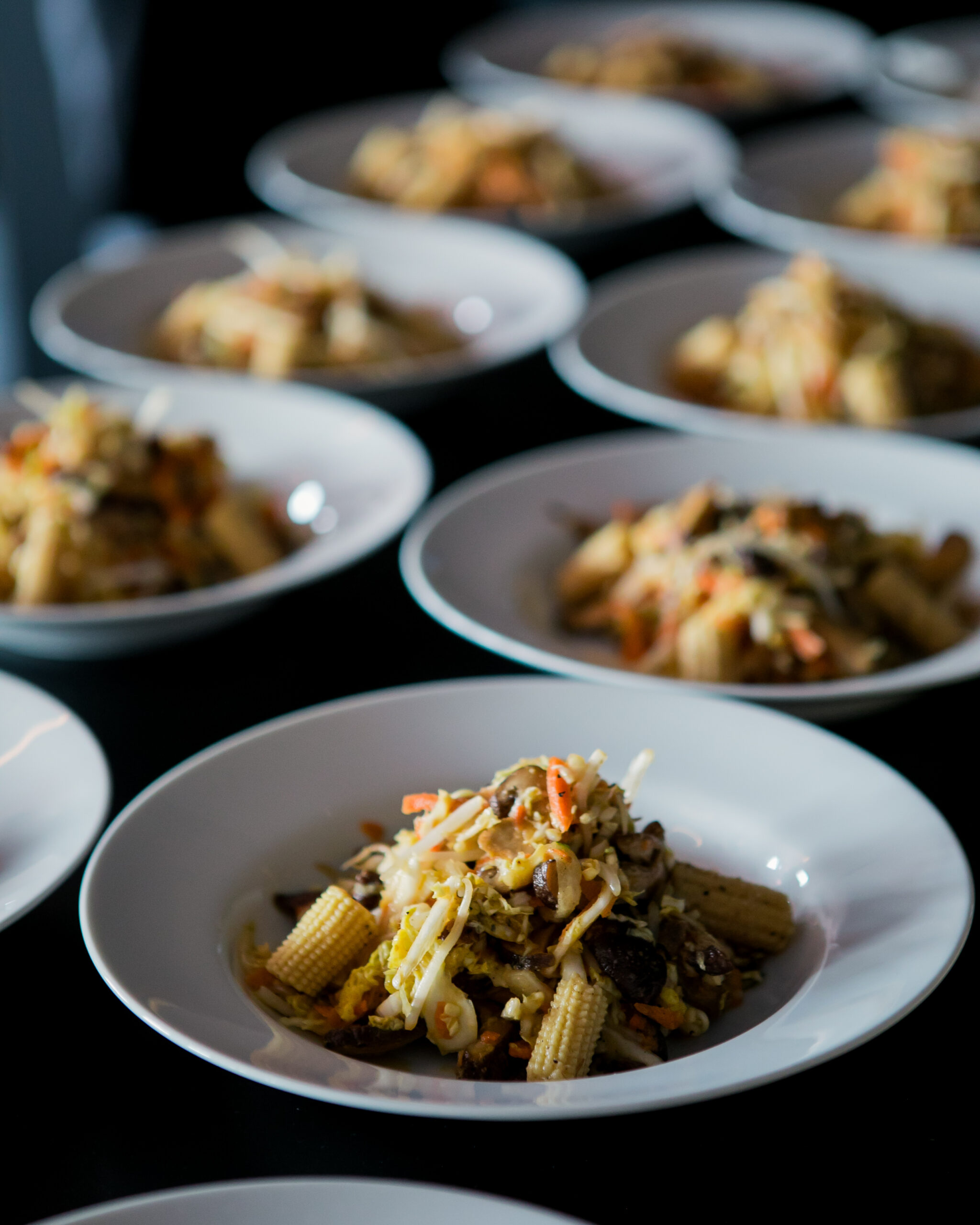
Yet Li loved being at the eatery and slowly grew more interested in the scene, starting by chopping onions and broccoli. (His brother had the opposite feeling about being there.) The venue served American-Chinese food, with dishes like General Tso’s chicken, adapting Asian fare in a way that appealed to Western palates. Li’s profession path began here—cooking, eating and progressing along roles from being a dishwasher to learning how to make sushi.
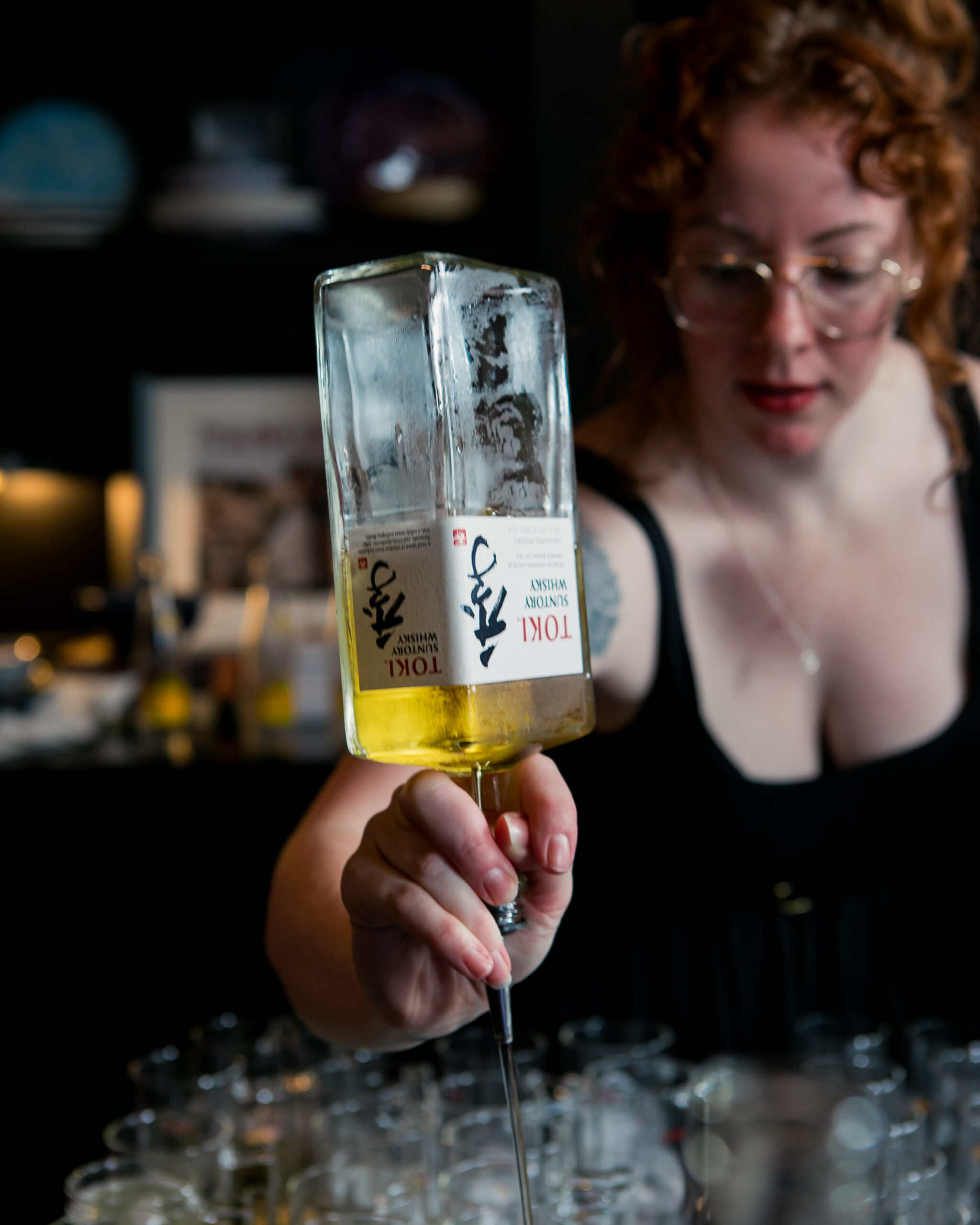
Li first moved to Pittsburgh to follow an opportunity with New Moon Fusion Restaurant on the North Shore. When opening his first restaurant at the age of 26, he thought, “Let’s try it out.” He learned many lessons along the way. He jokes that opening on a game day led him to believe the neighborhood was a “gold mine,” and would always be that packed.
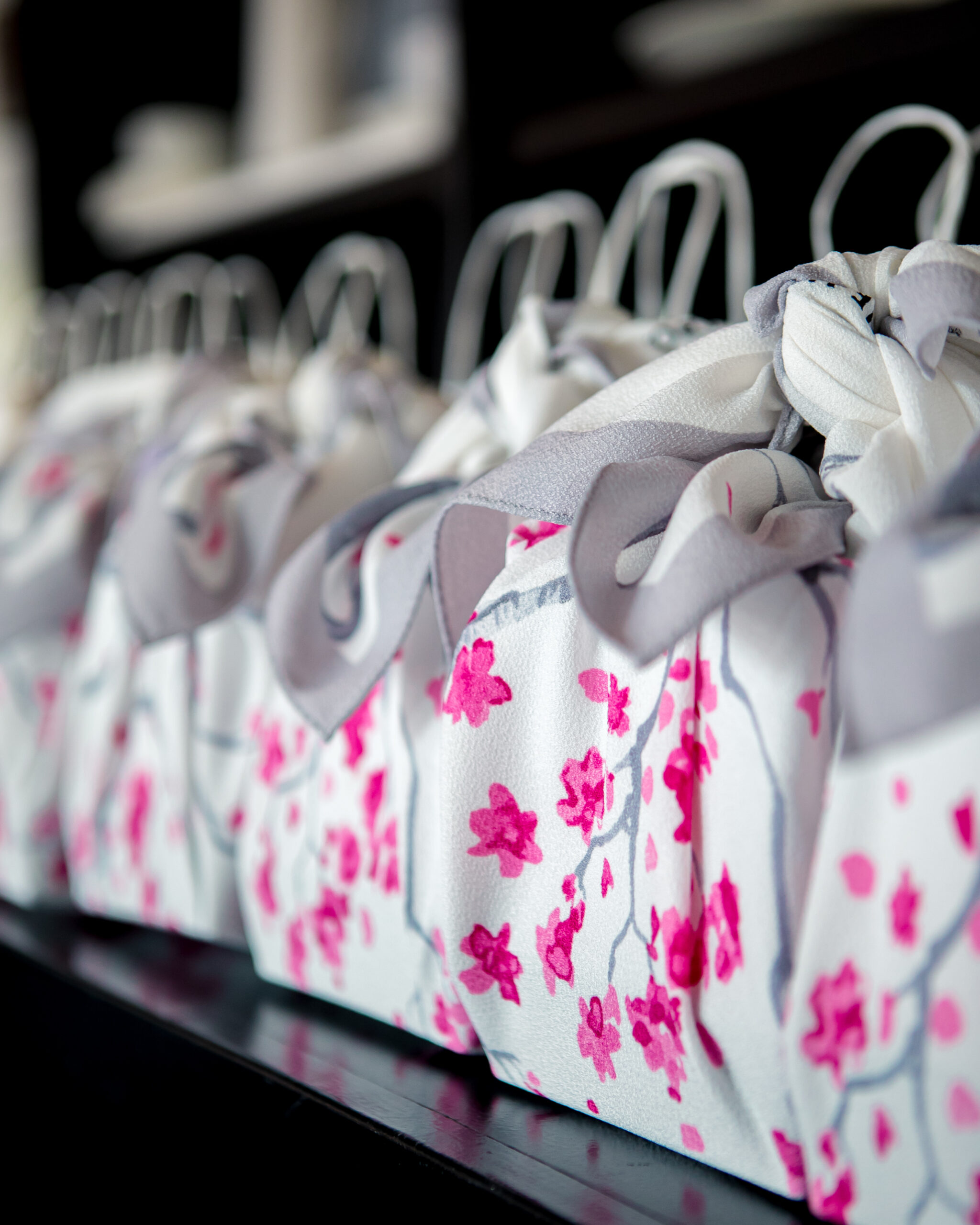
Inspiration From Home
Most concepts he’s opened are the first of their kind in Pittsburgh, and all restaurants started as pop-ups. That way, folks have already become familiar and excited with his unique offerings by the time he opens a permanent brick-and-mortar location. “This gives the opportunity to work out recipes––and to figure out whether this is a thing or a fad,” he says. “Then I’m ready to roll.”
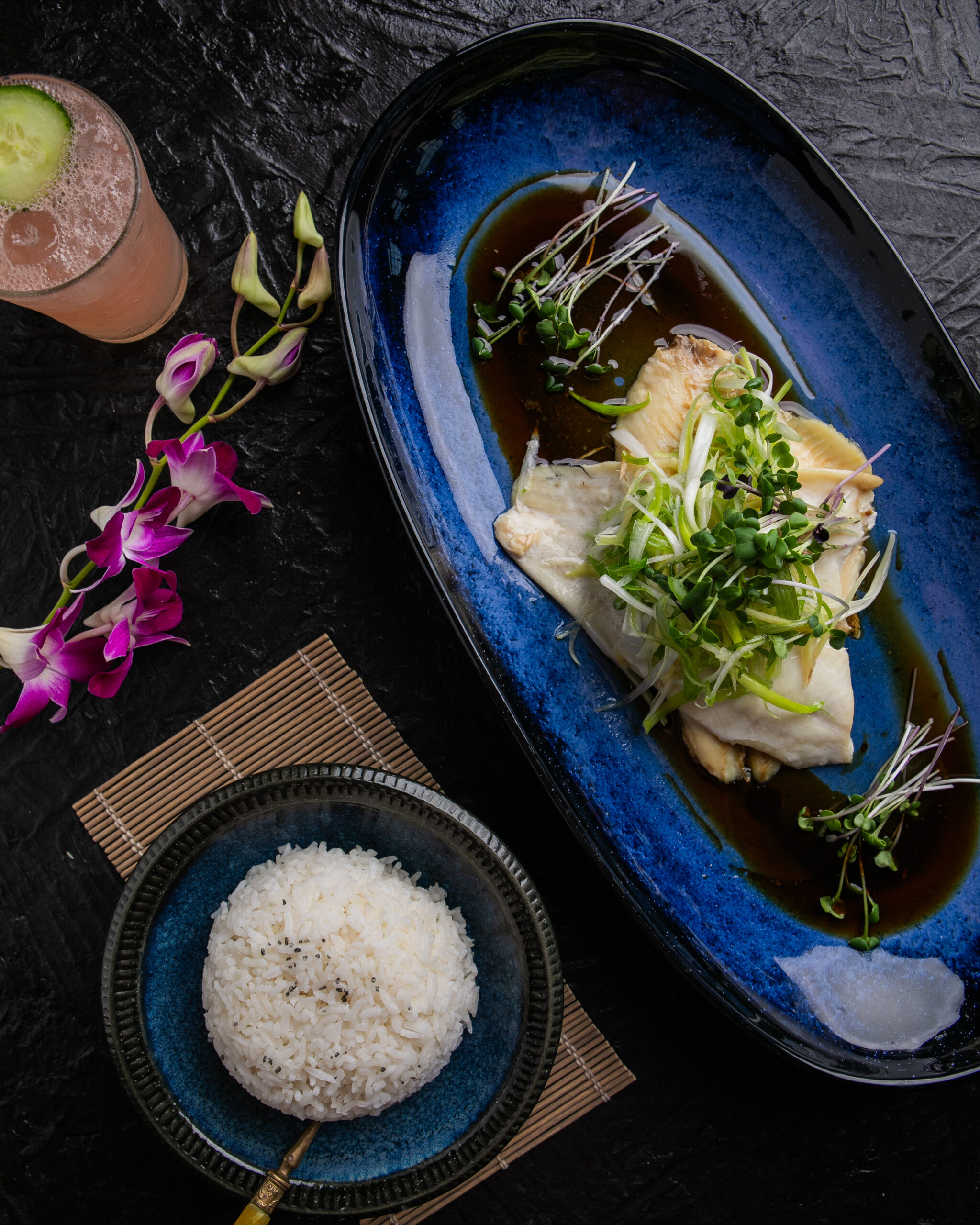
Chef Roger Li deploys Cantonese home recipes from his grandmother and mother, as well as their work ethic of long hours, at his venues. While so many businesses sadly didn’t emerge on the other side of the pandemic, this talented powerhouse currently has four thriving venues in Lawrenceville, a neighborhood where he’s witnessed tremendous change since his arrival. He feels that the food scene in Pittsburgh, where it’s slightly easier to open a restaurant, features so many talented chefs who thankfully have chosen to stay put.
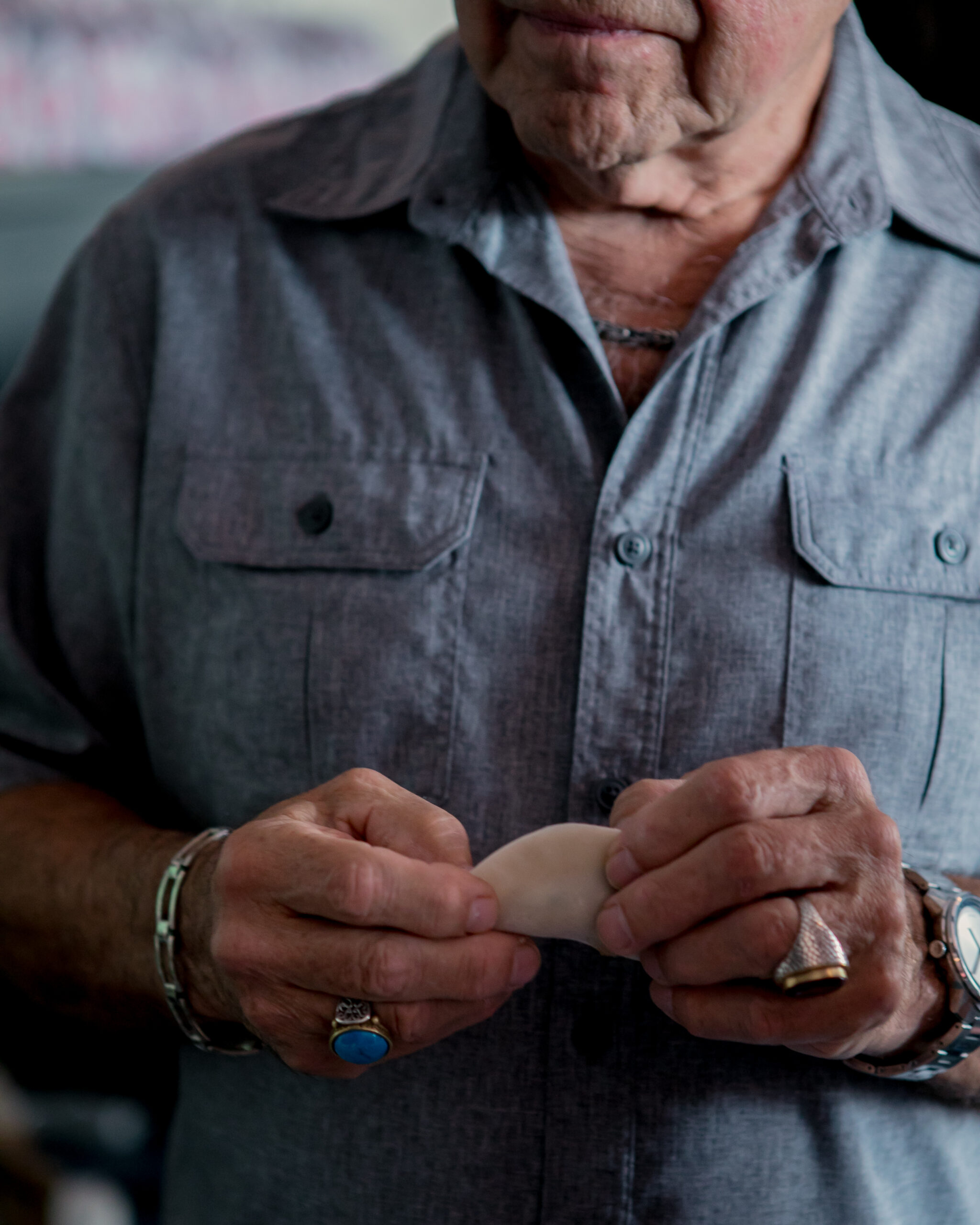
Bringing Global Flavors to Pittsburgh
His Japanese-style pub Umami Izakaya opened seven years ago; for six years, Nanban has been serving ramen, Asian-style fried chicken and empanadas, and The Parlor Dim Sum—a popular hub for dim sum, Cantonese BBQ, and wok-fried dishes––has been open for a year, in the same location where Ki Ramen operated for six years. Then there’s decade-old Allegheny Wine Mixer, which specializes in wines from different regions around the globe, but also draws in regulars with its cocktails and killer charcuterie.
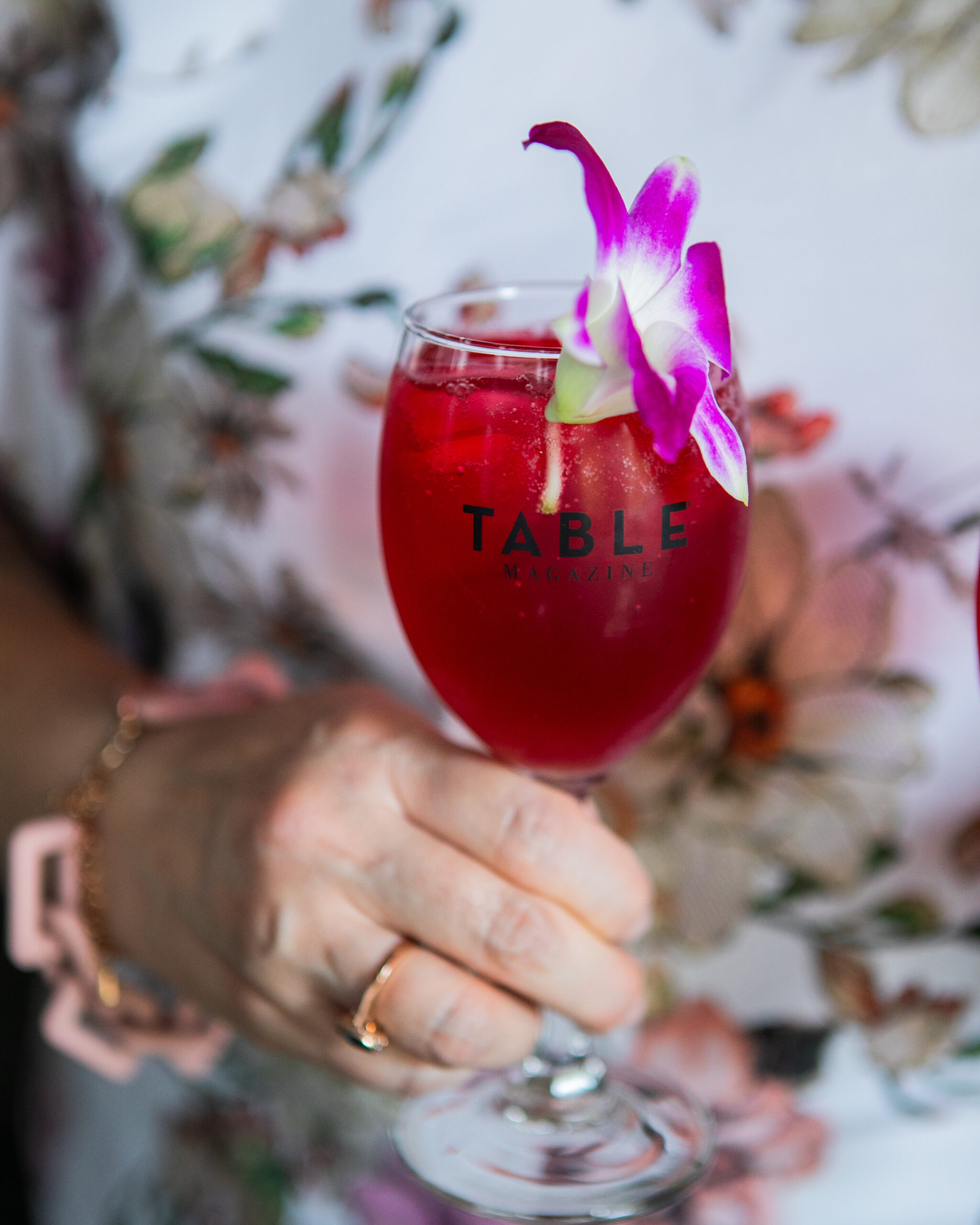
Li’s style of cooking takes him back to his roots, yet he’s the first to admit it’s not traditional Cantonese. He simply creates from what he sees. He finds that the biggest challenge of opening a business that serves dishes from another culture revolves around preparing fare based on his individual style, while also navigating assumptions and predictions from others. There’s a delicate balance between how he wants to present the concept, he shares, “but I also need to fulfill expectations of guests’ own interpretations.”
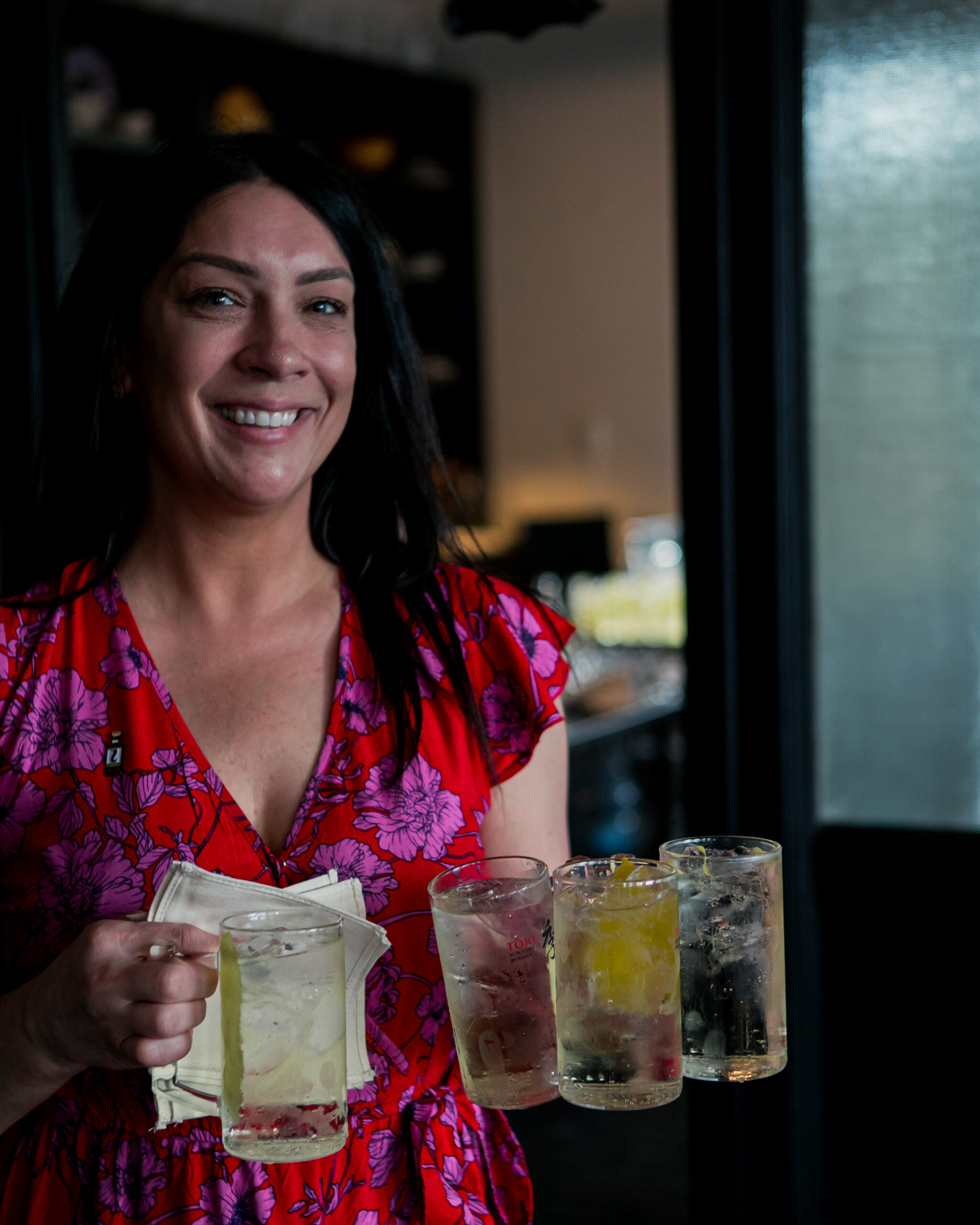
Ironically, the only pushback he’s received has come from visitors from China and Hong Kong who deem his dishes “not traditional enough.” He has to explain he can’t get the same ingredients here. Plus, he says, “It’s my version of Cantonese food.” This version was much appreciated indeed by the diners sitting around a long table at TABLE Studios in Shadyside, moving from Chopped Salad to Cantonese Roast Duck Egg Rolls and Steamed Fluke. Each course was accompanied by a Suntory cocktail, with the evening winding to a lovely close with a nightcap of Legent bourbon.
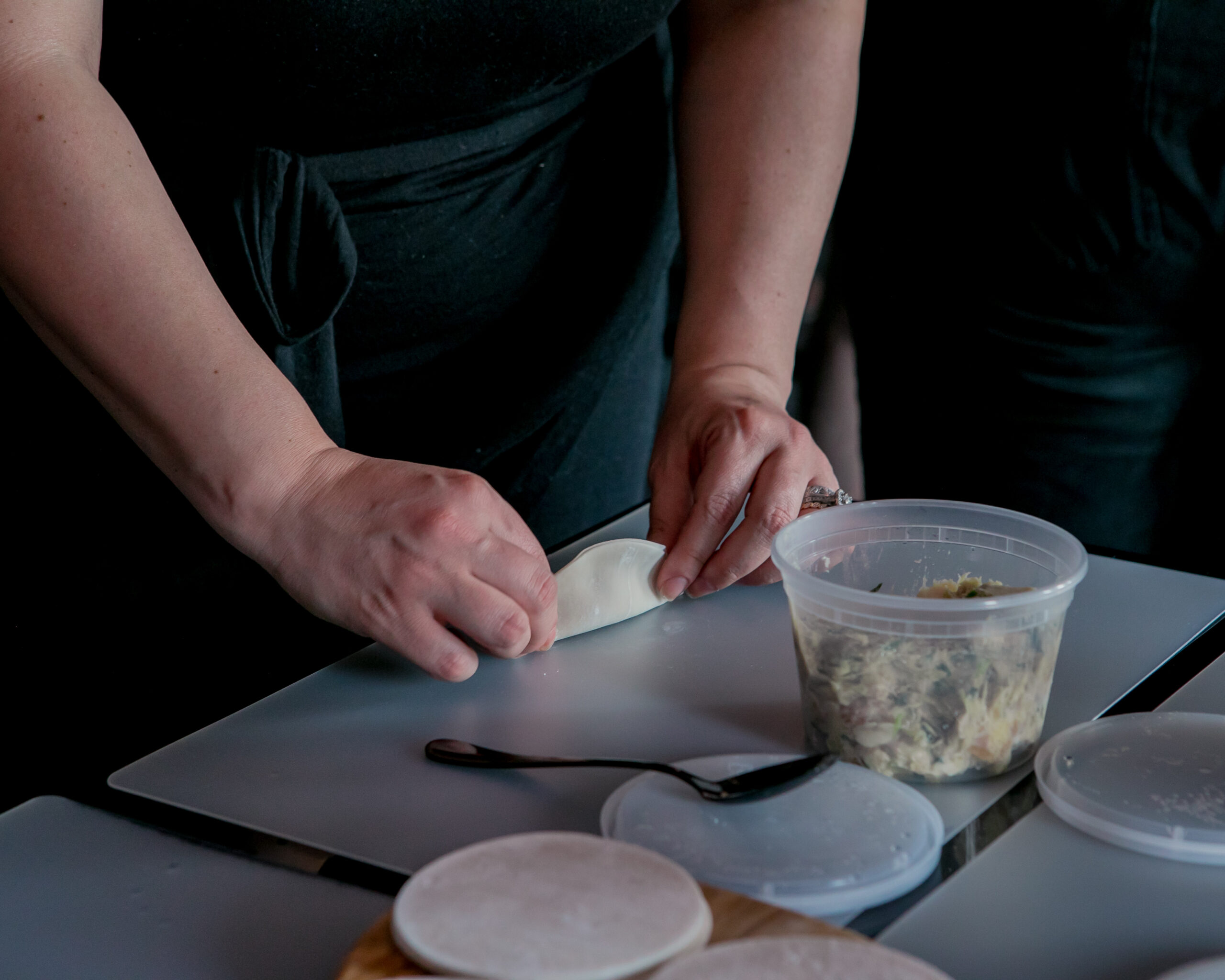
Always Moving Forward
Most of Chef Roger Li’s menu concepts change up every quarter, or sometimes twice a year. He dedicates three or four days a week to ingredient shopping, typically assigning one day to each venue, and he tries to eat at each of his restaurants once a week too. Li can’t pick a favorite, but is especially proud of the sushi at Umami. He points out the quality of their fish and the fact they’ve used nearly the same rice recipes for eight years now. (Every time he eats there he tries to see if it’s changed. To his delight, it’s remained consistent.) He also commends Parlor’s customized wok station, and the noodles they make in-house, with broth simmered for 24 hours.
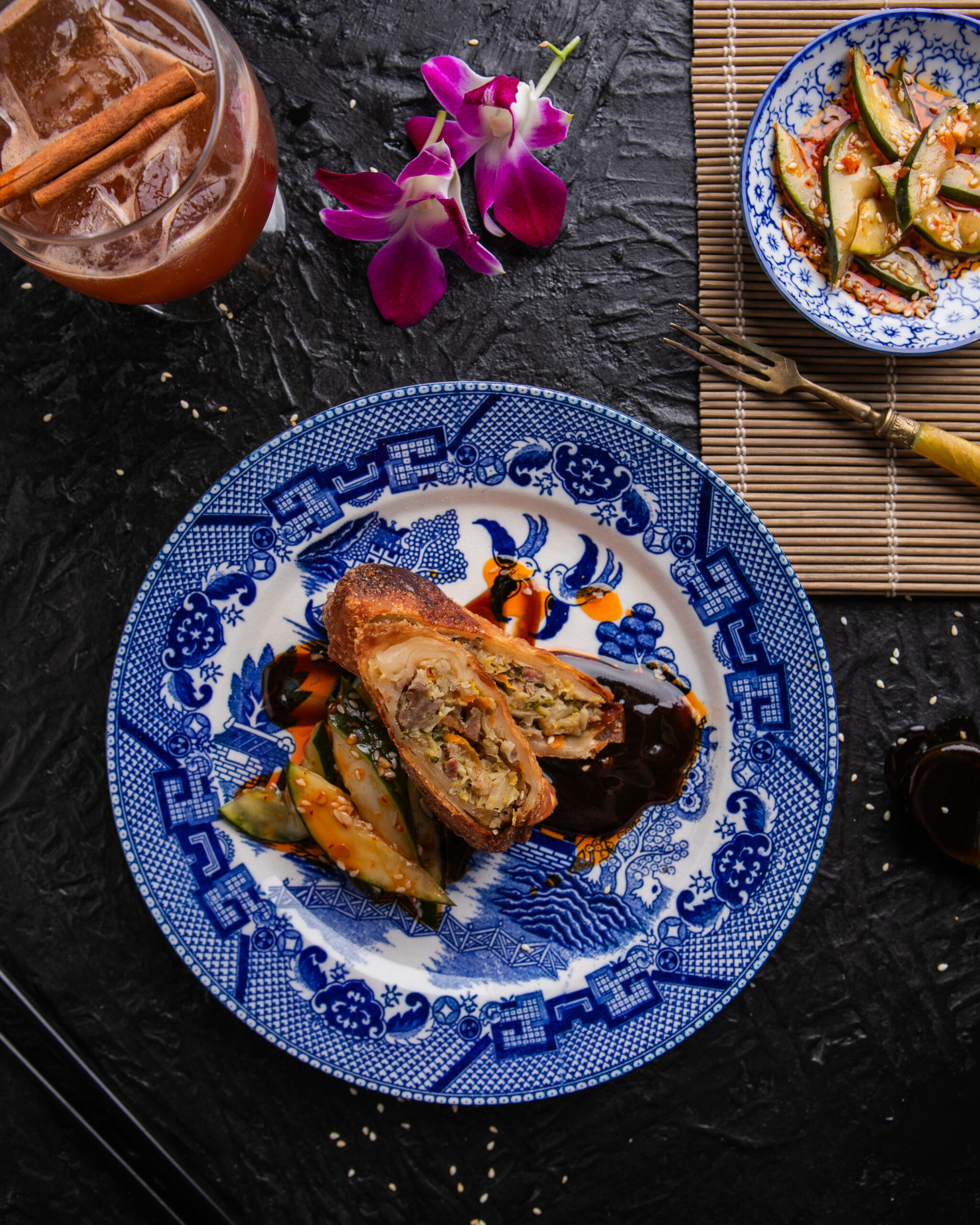
In pursuing this path, Li says, “I kind of owed it to my family.” While both grandmothers and his mother are no longer with us (his mom died when he was only 15 years old), he stays connected to them through his work, which brings deep satisfaction.
“I try to bring back memories through food,” he says. “To me, food brings people together either from family reunions, traditions, or events. And hopefully, my food brings a little joy to guests when they dine at my establishments with their loved ones.”
Story by Corinne Whiting / Photography by Laura Petrilla / Event Design by Star Laliberte / Mixology by Kait Fellers / Sponsored by The House of Suntory
Subscribe to TABLE Magazine‘s print edition.


